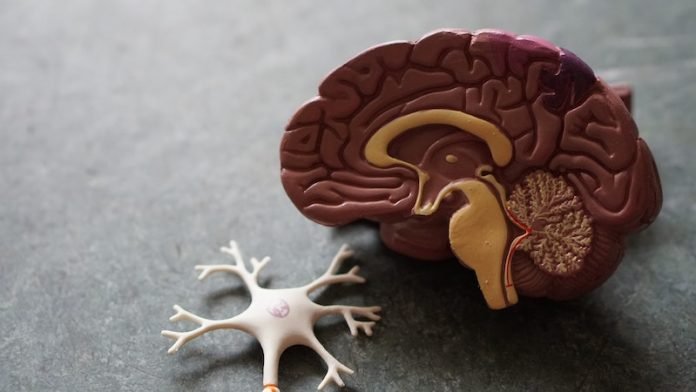
In a new study, researchers found that a surgical procedure dramatically reduced the rate of recurrent strokes among patients with atherosclerotic disease.
They demonstrated that the new procedure reduced recurrent stroke rates from 37% to 10.7%.
Encephaloduroarteriosynangiosis, or EDAS for short, is a new procedure that was used.
The research was conducted by a team at Cedars-Sinai.
Atherosclerotic disease, also known as hardening of the arteries, is a buildup of plaque that narrows the arteries leading to the brain.
The condition is known to increase patients’ risk of having a series of strokes.
In the study, the team showed that the EDAS procedure is unique in that it involves rerouting arteries from the scalp and membranes that cover the brain, to segments of the brain at risk of stroke.
Similar to gardening, over time, new blood vessels form and create a fresh path for blood oxygen to reach the brain.
This gardening-like surgical technique differs from current, conventional approaches to reduce recurrent stroke, which includes intensive medical management and various procedures, ranging from angioplasty and stenting to direct bypass surgery.
This work is an important step in increasing the vital vessels in the brain and ensuring that patients with this complex condition have an innovative and minimally invasive option for care.
As a next step, the team is working with the National Institutes of Health to launch a large, multicenter Phase III clinical trial at medical centers across the nation.
These sites will allow willing patients with the atherosclerotic disease to participate in clinical research.
One author of the study is Nestor Gonzalez, MD.
The study is published in Neurosurgery.
Copyright © 2021 Knowridge Science Report. All rights reserved.



